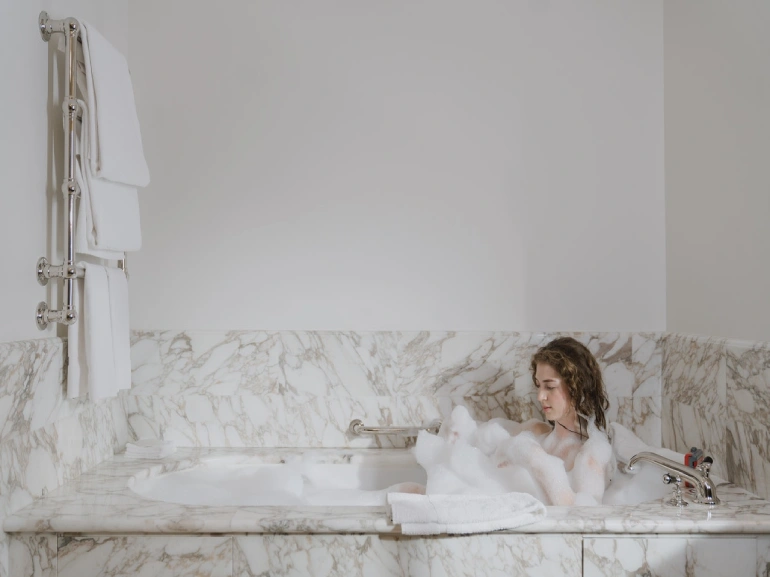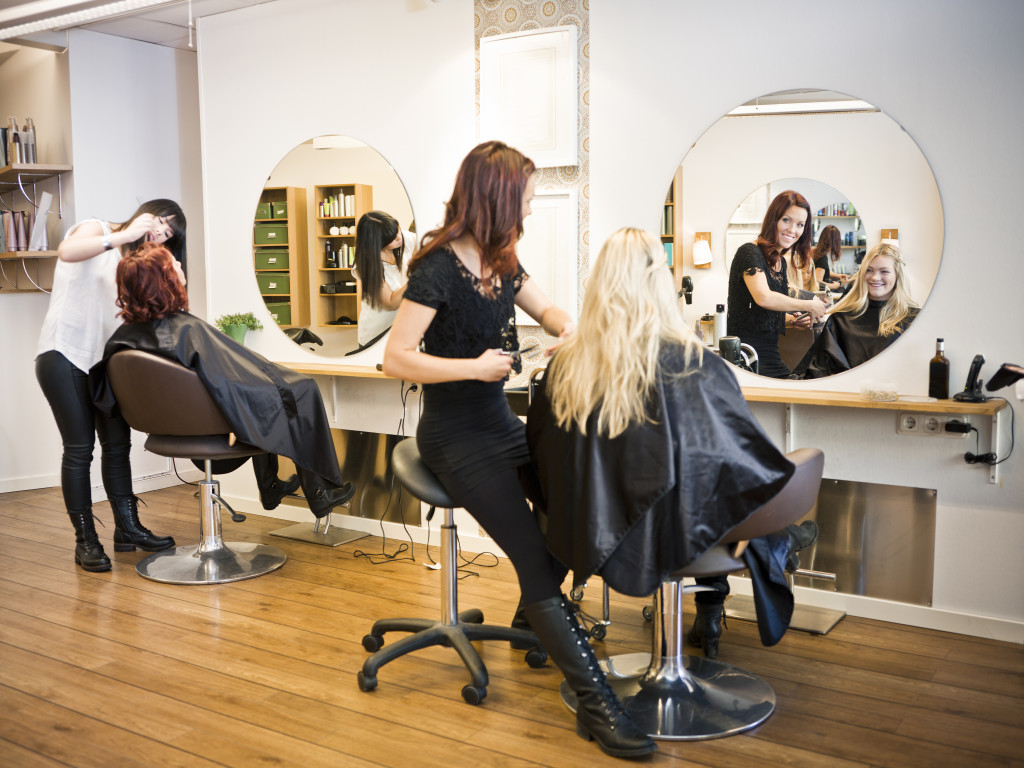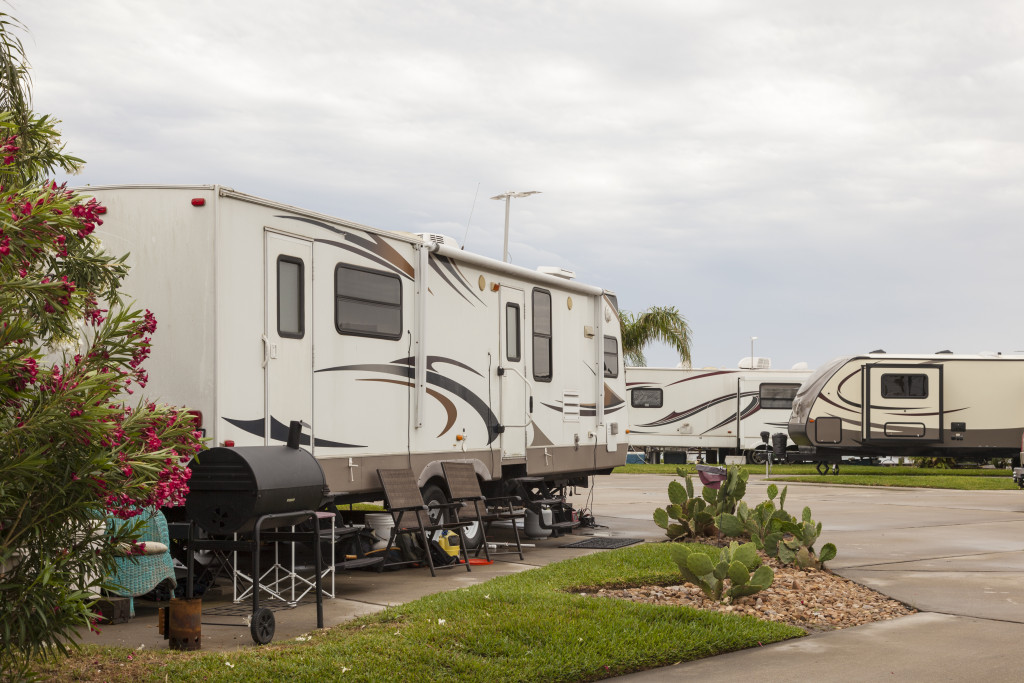Personal companionship is an essential component of care, especially for the elderly, individuals with disabilities, and those recovering from illnesses. Companionship care goes beyond medical and physical assistance; it focuses on providing emotional support, social interaction, and enhancing the overall quality of life. Here’s how personal companionship is used effectively for care:
Emotional Support
One of the primary roles of a personal companion is to provide emotional support. Many individuals, particularly seniors, experience feelings of loneliness and isolation, which can lead to depression and anxiety. A personal companion offers a consistent presence, someone to talk to, share experiences with, and provide reassurance. This emotional support is crucial for maintaining mental health and emotional well-being.
Social Interaction
Social interaction is vital for cognitive health and overall happiness. Personal companions engage individuals in conversations, recreational activities, and hobbies. They might accompany them to social events, community gatherings, or simply spend time together at home. This interaction helps prevent the cognitive decline associated with social isolation and keeps the mind active and engaged.
Assistance with Daily Activities
While personal companionship focuses on social and emotional support, companions often assist with daily activities as well. This can include light housekeeping, meal preparation, grocery shopping, and running errands. By helping with these tasks, companions enable individuals to maintain their independence and live comfortably in their own homes.
Monitoring and Safety
Personal companions also play a crucial role in monitoring the health and safety of the individuals they care for. They keep an eye on potential hazards, ensure that the home environment is safe, and remind clients to take medications as prescribed. This monitoring can help prevent accidents and health complications, providing peace of mind for both the individuals and their families.
Encouraging Physical Activity
Staying physically active is important for maintaining health and mobility, especially in older adults. Personal companions encourage and participate in physical activities such as walking, stretching exercises, or light gardening. These activities not only improve physical health but also enhance mood and overall well-being.
Personalized Care
The beauty of personal companionship lies in its personalization. Companions tailor their services to meet the specific needs and preferences of the individuals they care for. This personalized approach ensures that care is effective and enjoyable, fostering a strong, trusting relationship between the companion and the individual.



